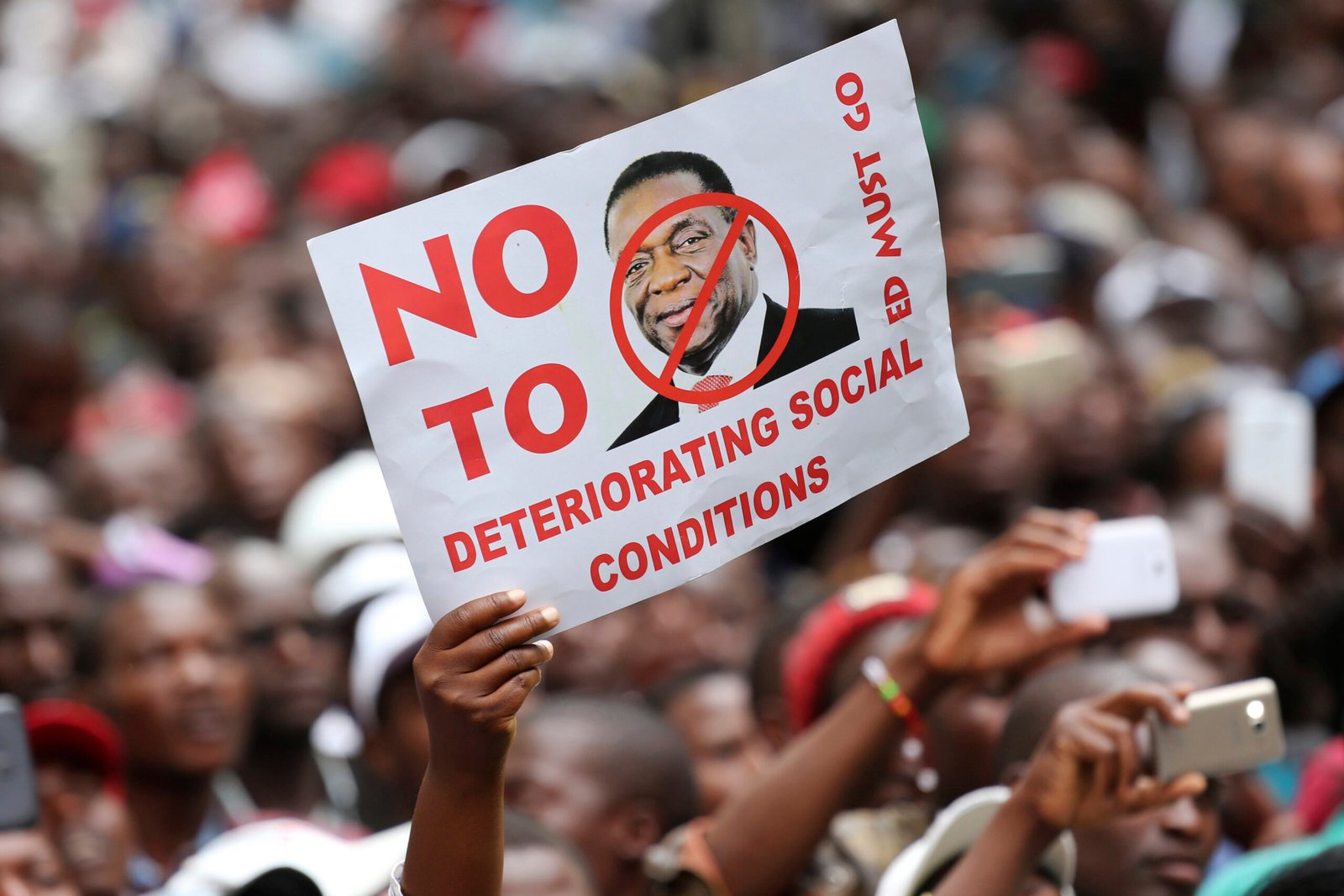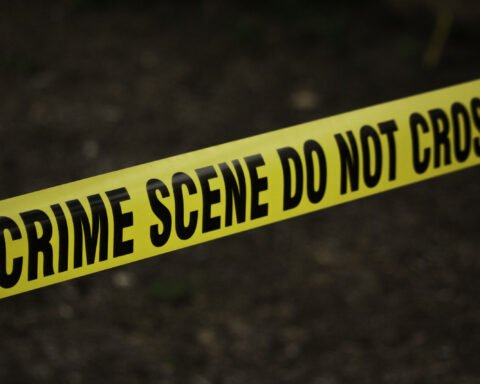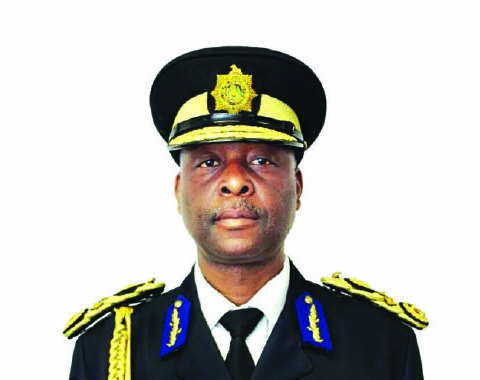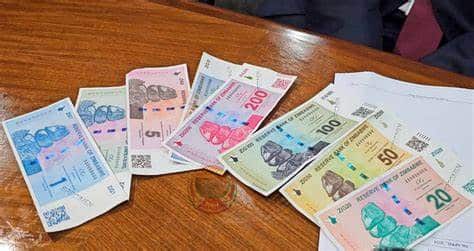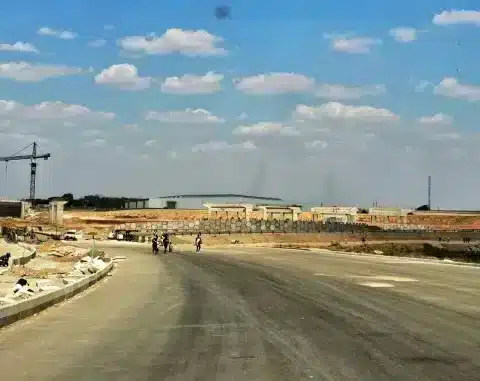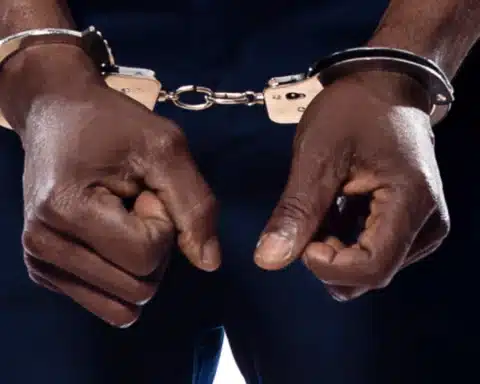I would argue that dialogue seems to be more efficient in preventing conflicts, than in solving them. Following the civil unrest that resulted in violence, looting and destruction of businesses and subsequent killings when the government unleashed the military on unarmed citizens. The question is how is the crisis in Zimbabwe going to be resolved?
President Mnangagwa cut short his trip to Euro-Asian where he had gone to market brand Zimbabwe, when things turned ugly after citizens took to the streets in protest over the doubling of fuel prices and the continued deterioration on living standards in Zimbabwe.
Let’s put people first
Speaking upon arrival from his abruptly ended trip in which he had hoped to court investors into bringing business to Zimbabwe President Mnangagwa said:
“I invite leaders of all political parties as well as religious and civil leaders to set aside our differences and come together.” Mnangagwa said. “What unites us is stronger than what could ever divide us. Let’s begin a national dialogue. Let’s put the economy first. Let’s put the people first.”
Are these calls for dialogue genuine?
But here is the deal, we need to understand what President Mnangagwa is really calling for and question his genuineness about dialogue.
Dialogue is an inclusive process, Mr President and if it is genuinely done it can and should bring together a diverse set of voices to create a microcosm of the larger Zimbabwean society. To bring about sustainable change and real growth and development for our country. The Zimbabwean people have to develop a sense of joint ownership of the process and become stakeholders in identifying new approaches to address common challenges. Indeed, for far too long Zimbabweans have suffered because of the few political elites who champion corruption and continue to milk the country dry. While security forces continue to harangue civilians, the corrupt remain untouched. One of the promises that Mnangagwa made to Zimbabweans was that he would be a listening president. Is he really listening? Will he listen to anyone when the dialogue he is calling for takes place?
Dialogue entails learning, not just talking. The process is not just about sitting around a table, but changing the way people talk, think and communicate with one another. Unlike other forms of discussion, dialogue requires self-reflection, spirit of inquiry and personal change to be present. Participants must be willing to address the root causes of a crisis, not just the symptoms on the surface.
Corruption is the heartbeat of this crisis
Is President Mnangagwa really ready and willing to get to the root cause of the crisis in Zimbabwe? Are the churches that are calling for and supporting dialogue willing to speak the truth about the crisis or they just want to sit around the table? Lives have been lost, the nation is divided and no doubt we are in an ever-deepening crisis. Are the other stakeholders, the civic societies ready to dialogue?
Soldiers armed to the teeth still patrol the streets intimidating civilians. With this kind of setting the question is, can positive dialogue take place in Zimbabwe? Dialogue recognizes one another’s humanity. Participants must be willing to show empathy toward one another, recognize differences as well as areas of common ground, and demonstrate a capacity for change. To foster this kind of human interaction, a respectful and neutral setting—or “safe space”—is preferred. With wanton disregard for humanity and careless regard for human rights displayed by our security forces are those called to the dialogue table safe?
Are we safe?
Indeed, dialogue requires that basic conditions be present first. When violence, hate, and mistrust remain stronger than the will to forge a consensus, or if there is a significant imbalance of power or a lack of political will among the participants, then the situation might not be ripe for dialogue. Moreover, participants must feel free to speak their minds without fear of retribution, or rejection.
Dialogues can be viewed as one means — if not the classical one — of dealing constructively with conflicts. As one popular formula puts it: “As long as you’re talking, you can’t be shooting”. “What better method is there of resolving a contentious issue”, so runs another down-to-earth, common-sense observation, “than through an honest exchange of views?” “And”, says discourse ethics, “what other way is there of finding lasting solutions to the numerous political-cum-moral conflicts in an interdependent and pluralistic world, than through “practical discourse between the affected parties”
let’s end this crisis
Most Zimbabweans will agree the nation’s protracted crisis can only be effectively transformed through efforts which also address the structural causes and power political aspects of the present crisis in Zimbabwe, in addition to the psychosocial dimensions, grievances and relationship issues. Clearly, due to their emphasis on communication and personal interaction, dialogues are primarily used as an instrument within the psychosocial conflict transformation paradigm. It is therefore within that more narrowly defined conceptual context that we must evaluate their usefulness particularly in our situation, the crises that bedevil Zimbabweans and the nation we call home.
